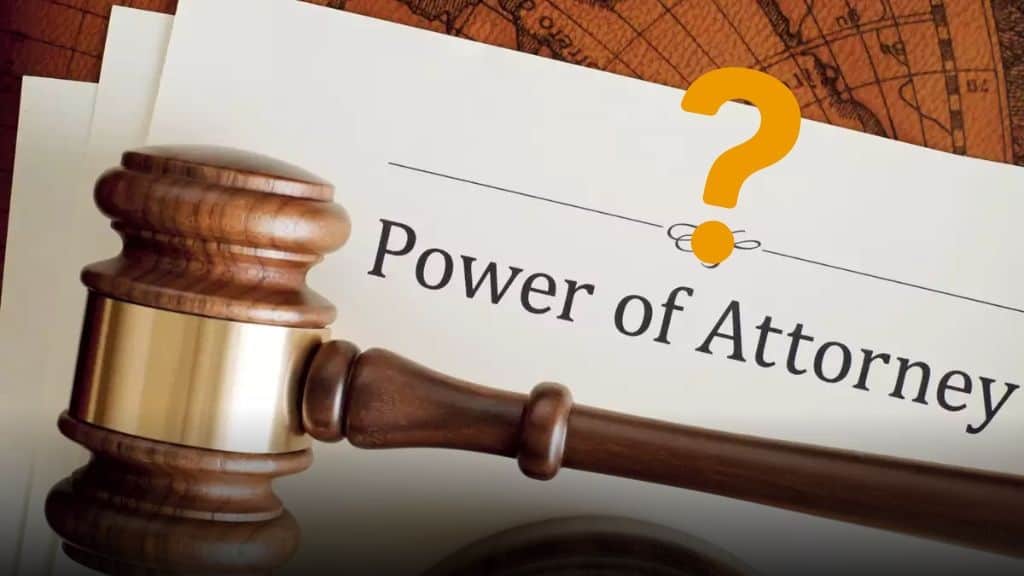
A special power of attorney (SPA) can be a valuable legal tool that allows one person to act on behalf of another for specific tasks or purposes. As the principal, you may need to delegate certain responsibilities to someone you trust, such as an attorney-in-fact or agent, when you are unable to act for yourself. With a SPA, you can grant your agent specific powers to make decisions or perform tasks on your behalf, while still retaining control over important aspects of your life.
This legal instrument can be particularly useful for managing financial affairs, conducting business transactions, or making important medical decisions. Overall, a SPA can offer peace of mind for both the principal and the agent, ensuring that important matters are handled with care and in accordance with your wishes.
How Does Special Power of Attorney india Works
The power of attorney format works by giving an agent or attorney-in-fact the legal authority to act on behalf of the principal in a specific and limited capacity. The process typically involves the following steps:
- Drafting the Document: The principal must first draft a SPA document that outlines the specific powers being granted to the agent, as well as any limitations or restrictions on those powers.
- Signing and Notarizing the Document: Once the document has been drafted, it must be signed by the principal and notarized in order to be legally binding.
- Transmitting the Document: The signed and notarized document must then be transmitted to the agent, who will use it to act on behalf of the principal.
- Using the Special Power of Attorney: The agent will use the SPA to conduct the specific transaction or task authorized by the document. Once the task is completed or the transaction is finalized, the power of attorney will expire and the agent will no longer have the authority to act on behalf of the principal.
It’s important to note that a special power of attorney only grants authority for a specific transaction or situation, and does not provide the agent with broader powers to act on behalf of the principal in other matters. Additionally, the principal can revoke the power of attorney at any time, as long as they are of sound mind and capable of making such a decision.
An Agent’s Duties to the Principal
When an agent is appointed by a principal through a power of attorney, they have a number of duties and responsibilities that they must fulfill in order to act in the best interests of the principal. Some of the key duties of an agent to the principal include:
- Duty of Loyalty: The agent has a duty to act in the best interests of the principal at all times, and to avoid any conflicts of interest that could interfere with their ability to act in the principal’s best interests.
- Duty of Care: The agent must exercise reasonable care and diligence in carrying out their duties on behalf of the principal, and must act with the same level of care and skill that a reasonable person would use in similar circumstances.
- Duty to Act Within Scope of Authority: The agent must only act within the scope of the authority granted to them by the principal in the special power of attorney format document. Any actions taken outside of this scope could be considered a breach of the agent’s duties.
- Duty to Keep Records: The agent must keep accurate records of all transactions and activities carried out on behalf of the principal, and must provide regular reports to the principal detailing their activities and any expenses incurred.
- Duty to Maintain Confidentiality: The agent must keep all information related to the principal’s affairs confidential unless the principal has expressly authorized the agent to disclose such information.
- Duty to Act in Good Faith: The agent must act in good faith and with honesty and integrity at all times when carrying out their duties on behalf of the principal.
Types of Special Powers of Attorney Format
There are various types of special powers of attorney that can be used to grant specific powers to an agent. Some of the most common types include:
- Limited Power of Attorney: This type of special power of attorney grants the agent limited powers to act on behalf of the principal for a specific purpose and period of time. For example, a limited power of attorney might be used to allow an agent to sign a real estate contract on behalf of the principal while they are out of town.
- Health Care Power of Attorney: This type of SPA grants an agent the authority to make health care decisions on behalf of the principal if they become unable to do so. This can include decisions about medical treatment, surgery, and other healthcare issues.
- Financial Power of Attorney: This type of special power of attorney grants an agent the authority to manage the financial affairs of the principal. This can include tasks such as paying bills, managing investments, and filing tax returns.
- Real Estate Power of Attorney: This type of SPA grants an agent the authority to manage the real estate affairs of the principal. This can include tasks such as buying and selling property, signing contracts, and managing rental properties.
- Educational Power of Attorney: This type of special power of attorney grants an agent the authority to make educational decisions on behalf of the principal. This can include decisions about enrolling in schools, choosing courses, and managing educational expenses.
Special Power of Attorney Format
While there is no one-size-fits-all format for a SPA, there are some basic elements that should be included in the document. A basic special power of attorney format may include:
- Introduction: The document should begin by clearly identifying the principal and the agent, and specifying the scope and purpose of the power of attorney.
- Powers Granted: The document should clearly state the specific powers that are being granted to the agent, including any limitations or restrictions on those powers.
- Duration: The document should specify the period of time for which the power of attorney is valid or the specific event or purpose for which it is being granted.
- Signatures: The document should be signed and dated by both the principal and the agent, as well as any witnesses or notaries required by law.
- Revocation: The document should include a clause allowing the principal to revoke the power of attorney at any time, and specifying the procedure for doing so.
Conclusion
A special power of attorney is an important legal document that allows an individual (the principal) to appoint an agent to act on their behalf for specific purposes. With a well-drafted special power of attorney, individuals can have peace of mind knowing that their interests will be protected even when they are unable to act on their own behalf.






